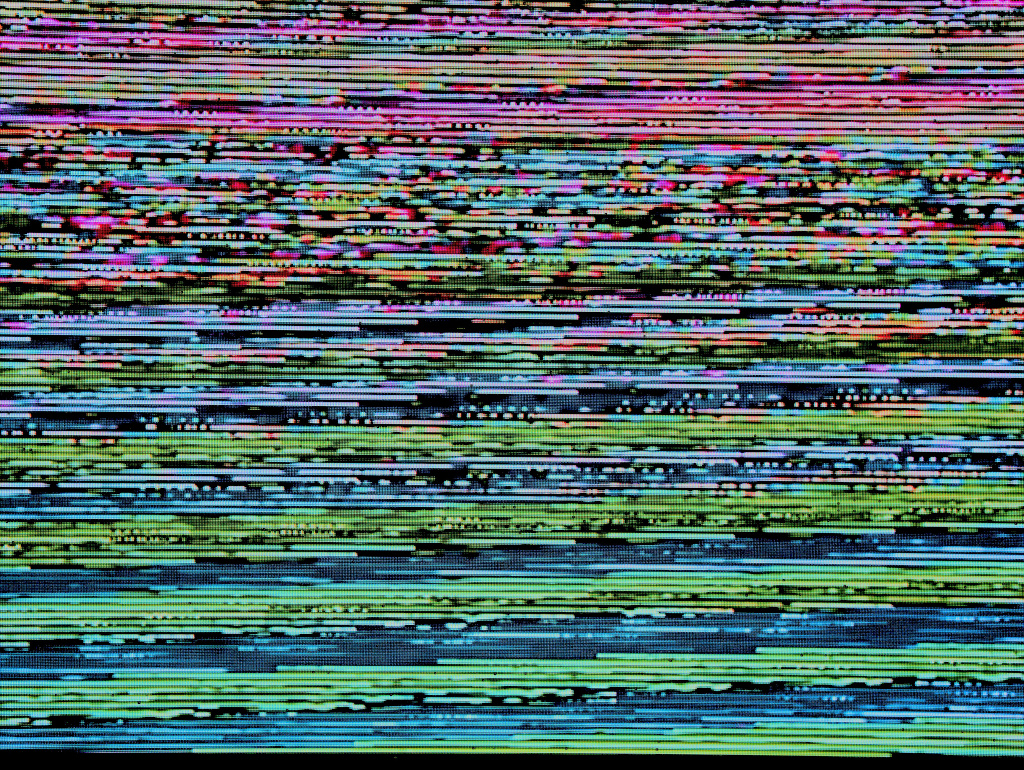 Photo by Michael Dziedzic on Unsplash
Photo by Michael Dziedzic on Unsplash
Another 15 minutes of my life eaten up by LinkedIn’s feed.
I admit, they are really good at hijacking my attention. Yet most of the content I see is noise. By noise, I mean shallow updates that don’t deepen your understanding or offer meaningful help.
“ChatGPT just killed…”—accountants, or some app, or the entire industry made up of hundreds of thousands of people.
“You can now build a 1 billion dollar company with…”—fifteen people, or ten, or three, or even your dog could do it.
“YC has just announced it will fund…”—essentially just AI startups doing all sorts of automation.
“Lovable has just generated ten random apps for me…”—while I was sleeping, so I could test them with the market in the morning using even more automation and with even less actual understanding.
“Company X just got acquired for $2B…”—and it was “wild” because it just meant the acquirer just hired the founders as employees and fired everyone else. So much value created for shareholders.
“AI just traded for 3 hours…”—and made a context-free amount of money in a timeframe too short to matter.
Most of the content is superficial, mixing authors’ beliefs (not facts) with excitement, guesswork, and overgeneralizations. It doesn’t include understanding or any true insight that would help the reader reach their goals. But it still consumes our time and shapes us subconsciously.
For example, when ChatGPT kills someone or something, what does it really say? That it got better at performing a certain task. If it was really relevant to me, I would probably discover it anyway while using it. I would judge its usefulness to me firsthand, and no one would need to be killed in the process. Are all these people going to lose their jobs? No one knows. It’s a prediction without much supporting evidence.
The problem with noise is that it can be mistaken for a signal. It can seriously distort our judgment, leading us to chase flashy distractions instead of focusing on what truly matters in our context.1
If I were to treat such content as a signal, my learning would be something along these lines:
- As a founder, I need to build something in the AI space. Literally nothing else matters.
- I should be so productive that I barely need a team.
- Automation is key to my success, or at least without it, I will be too slow to outcompete anyone using it.
- The industry values AI companies, buys them quickly at a high price.
- AI can decide better and faster. All it takes is just feeding it with all kinds of data.
- Since everyone is doing it, and the market rewards them, I need to do it too! And now!
These statements can be useful, but they are not hard facts, they are just beliefs that are not necessarily always true. But if that’s (almost) all you see in your feed, they can start to feel like the only true way forward. At the same time, there is no magic recipe for success. We are all different, coming from different backgrounds, having different experiences, upbringings, goals, beliefs, skills, and preferences.
We need to find our own way, aligned with who we are. But it is difficult if your mind is cluttered. If your emotions are constantly telling you—”There’s a gold mine right there, it’s obvious, just grab your pickaxe and go.” Good judgment requires mental space to learn and reflect. If you have twenty conflicting ideas in your head, constantly fighting for your attention, you won’t get good results.
Now, in a world full of noise, it is too easy to get distracted. Too easy to spend time scrolling feeds. Too easy to develop harmful emotions like the fear of missing out, which clouds our judgment. If you are a founder, investor, or leader, you want to focus on what matters. Your job is to filter out noise and focus on the signal. Otherwise, you will lose track of what you want and why, and what really helps you get there.
How to protect yourself? Turn the thing off, or at least moderate what you consume. I personally prefer the former, but when I eventually open LinkedIn to engage with my connections, the feed is always there waiting for my moment of weakness. Higher hygiene, meaning some level of moderation, seems inevitable.
Notes
-
My favourite read on the concept of noise and signal is The Signal and the Noise by Nate Silver. ↩